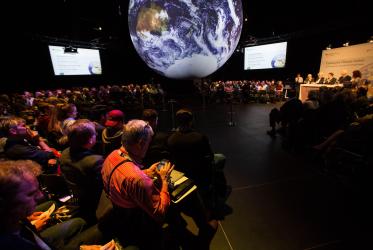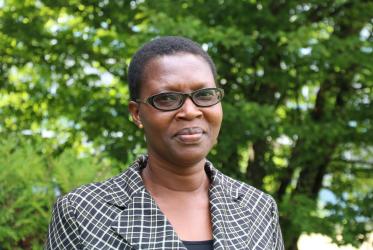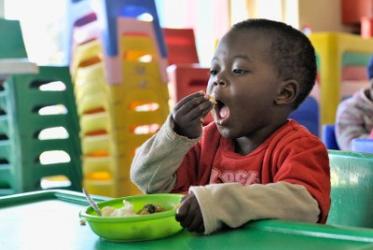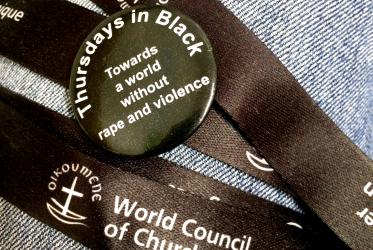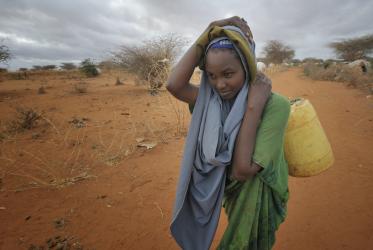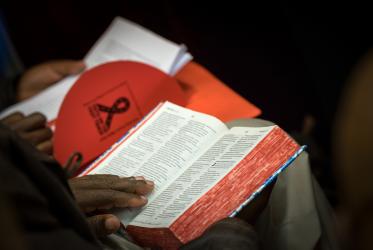Displaying 41 - 60 of 73
Konrad Raiser shares ecumenical journey of transformation
06 February 2018
“God has brought ways of defeating HIV”
31 October 2017
A communicator on the move
10 July 2017
UN discussion focuses on women, HIV and property rights
21 March 2017
Bible study gives hope as youth reflect on HIV
02 November 2016
Zambia: “On HIV, we do not compete. We work together.”
20 October 2016



